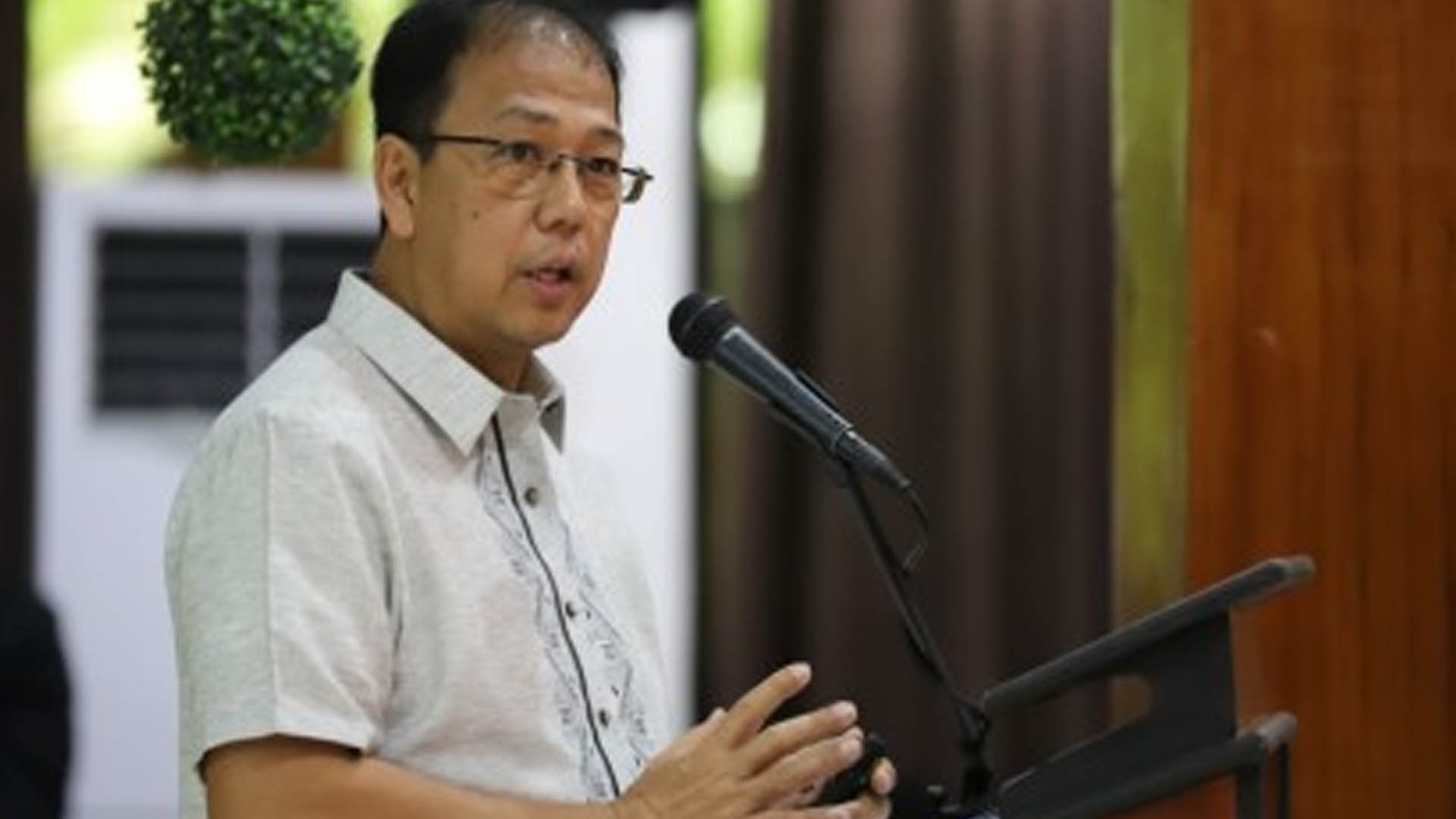National Policy Against Covid-19 chief implementer and vaccine czar Secretary Carlito Galvez Jr. said the resumption of the face-to-face classes at the tertiary level particularly in medical schools is important as some courses require “physical experimental learning.”
Galvez said allowing some medical schools to reopen physical classes will ease the health workers amid the coronavirus disease (Covid-19) pandemic.
“Kaya ito po, iyong face-to-face maganda po na maibalik po iyon lalo na sa mga tinatawag na medical schools at saka iyong mga medical courses para magkaroon tayo ng tinatawag na relief para sa ating mga health workers (It will be good to resume face-to-face classes especially in medical schools and medical courses so that we can provide relief to our healthcare workers),” he said during Wednesday’s Laging Handa public briefing.
Galvez, however, said the resumption of face-to-face classes should be allowed on a “case-to-case basis.”
He said the government would not allow any educational institution to hold face-to-face sessions without the approval of authorities, particularly from the task force.
“Ang gagawin lang po namin ay (What we will do is) we will inspect iyong (the) facility so that, there is a third party that will really validate if they follow the minimum health standard at saka iyong reengineering at reconfiguration ay nagawa ayon sa sinasaad ng ating DOH sa (and reengineering and reconfiguration should be in accordance with the Department of Health’s) minimum health standard protocols,” Galvez said.
The task force earlier visited some medical schools including Our Lady of Fatima University in Valenzuela and the Holy Angel University to inspect their preparation and reconfigurations for the possible opening of the face-to-face classes.
Galvez said he will coordinate also with the Department of Education (DepEd) to discuss further plans for the possible resumption of on-site learning in other educational institutions.
He said there are about 16 million basic education students in the country.
“Once super-spreaders of the virus come out, the country would encounter difficulties in addressing the pandemic,” Galvez said.
He said some courses require experiential learning or those with face-to-face activities.
“So gagawa po tayo ng paraan, titingnan po namin, makikipag-coordinate po kami kay (So we will find ways, we will see, we will coordinate with) [Education] Secretary [Leonor] Briones on how we could really expedite and look at the possibility of having a reconfiguration of different schools so that we can really follow and obey the minimum health standard,” Galvez said.
While the chief implementer recognized the importance of face-to-face classes for some courses, Galvez reminded the public anew not to be complacent since the Covid-19 figures recorded in the country are not yet irreversible.
“Based doon sa mga studies ay talagang nagiging super spreaders ang mga bata at nakita po natin dito sa ngayon na hindi pa po tayo puwedeng magkumpiyansa, kasi iyong ating mga figures hindi pa po irreversible (Studies are suggesting that children become the super spreaders as we can see, we can’t be complacent because our figures are not yet irreversible),” Galvez added.
He said the Inter-Agency Task Force for the Management of Emerging Infectious Diseases (IATF) will evaluate the Covid-19 cases after the Christmas holidays.
“Nakita naman po natin na sa ating policy na kapag MGCQ [modified general community quarantine] ay very lenient naman po tayo at titingnan po natin baka magkaroon po tayo ng mga (As we observed in our policy under MGCQ, were are very lenient in some areas and we will see if we can have) simulations this coming January,” he said. (PNA)

